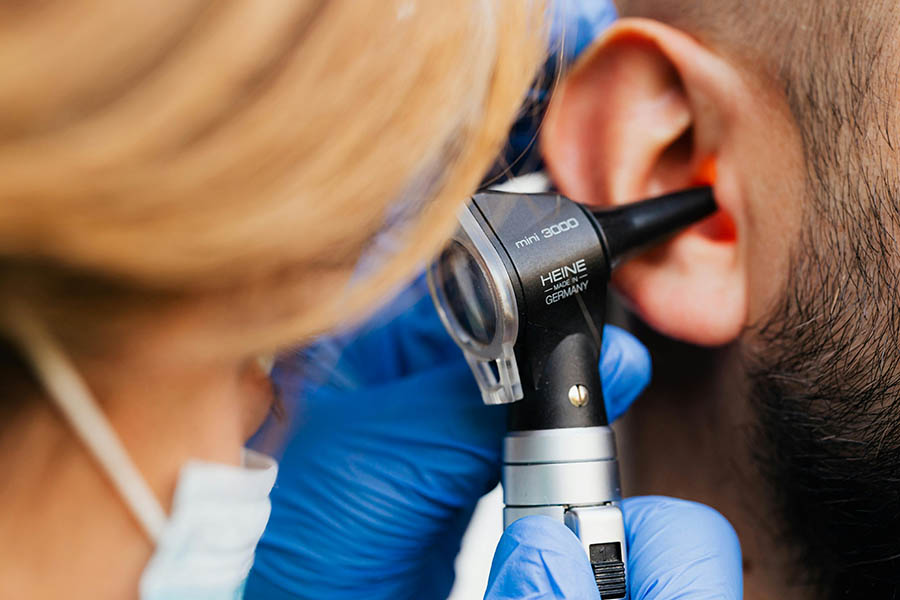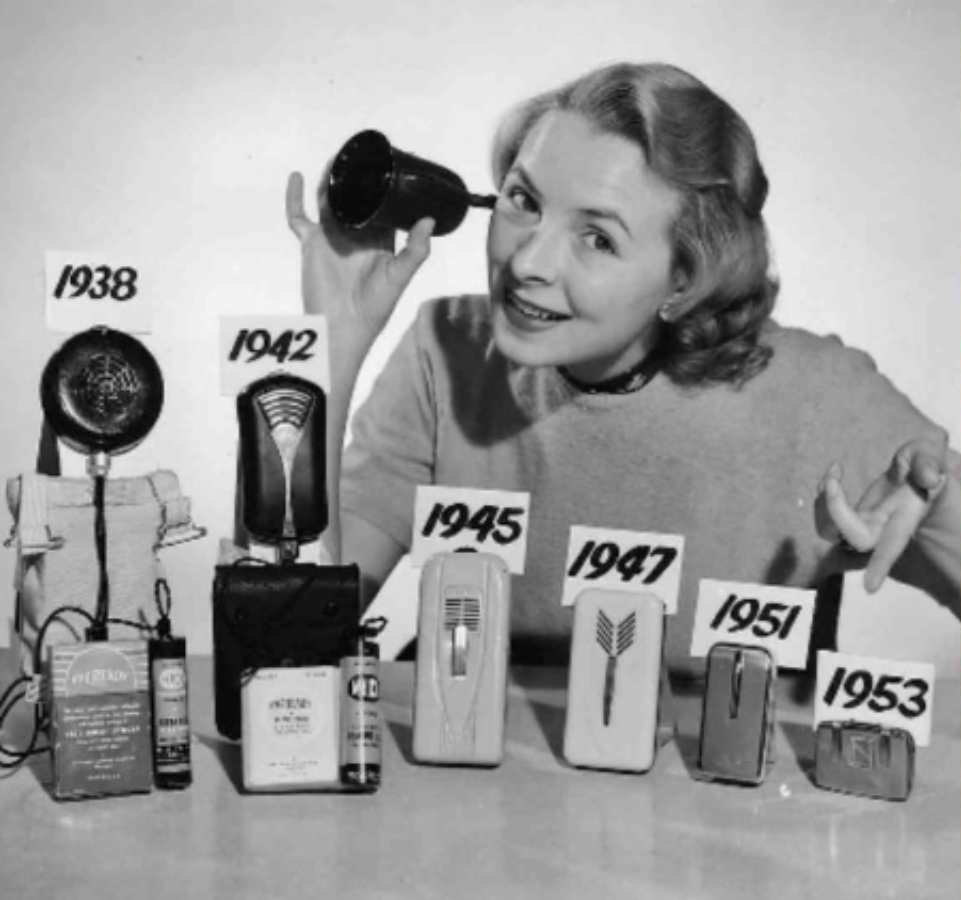In this blog, we’ll take a look at common hearing changes that may happen and what questions to ask your doctor or audiologist.

Hearing loss is a dynamic experience that can evolve over time, which may change the way you communicate and interact with the world around you. While some changes may occur gradually, others can happen more suddenly due to specific health conditions or circumstances. Understanding how hearing loss can change and knowing how to ask the right questions can empower you to prioritize your hearing health. Let’s take a look at some of the ways hearing loss can change and some questions you can ask your doctor or audiologist.
Common Ways Hearing Can Change
Hearing loss is not one-size-fits-all. It can take various forms and progress differently for everyone. One of the most common changes is the gradual loss of the ability to hear higher-pitched sounds, such as children’s voices, birds chirping, or high-pitched machinery noise. This type of hearing loss is typically age-related and develops slowly over the years. You may not notice it at first, but that’s a great reason to get yearly exams; your audiologist will be able to note small changes in your hearing to give you a better understanding of what type of hearing loss you may be experiencing.
Hearing loss can also be caused by exposure to loud noises, leading to noise-induced hearing loss. This type of damage may worsen over time. Preventative measures, such as wearing hearing protection, can help preserve the hearing level that you have. Sudden hearing changes, such as a rapid decline in hearing in one or both ears, may indicate a condition that requires immediate medical attention. If you notice a sudden or drastic change in your hearing, reach out to your doctor or audiologist.
Other factors, such as chronic ear infections, illnesses, or medications that affect the auditory system, can also lead to changes in hearing. Additionally, conditions like tinnitus, which causes a ringing or buzzing in the ears, may develop or worsen over time, further impacting your auditory experience. Journaling or taking a few minutes every month to note any hearing differences you may feel is a good way to track small changes over time.
Tips for Talking to Your Doctor or Audiologist
When discussing hearing changes with your doctor or audiologist, start by describing any recent changes in your hearing in as much detail as you can. Mention specific difficulties, such as struggling to follow conversations in noisy environments, needing to increase the TV volume, tones or pitches of sound that are difficult to hear, or having trouble with phone calls. This helps your provider understand the extent of the changes.
You can also ask about potential causes of the hearing changes, such as age, noise exposure, or medical conditions, to better understand what might be contributing to the issue. If you’re unsure about the severity of your hearing loss, inquire about testing options like hearing exams or advanced diagnostics to assess your current condition.
During your discussion, explore options that may help, such as assistive listening devices like hearing aids or lifestyle changes like reducing excessive noise. If you’re worried about preventing further hearing loss, ask for guidance on protective measures, such as avoiding loud noises, using ear protection, or maintaining ear health. Finally, discuss how often you should schedule follow-up visits to monitor any future changes in your hearing.
Proactive Steps to Manage Hearing Loss
Being proactive about hearing health can make a big difference in your hearing journey. Stay informed about the potential changes in your hearing and new industry trends or innovations. Be sure to use hearing protection and don’t hesitate to seek professional advice if you notice new symptoms.
Hearing loss can evolve in a variety of ways. Regular check-ins with your doctor or audiologist can help you stay ahead of any changes and ensure that your hearing health remains a top priority. Visit the CapTel blog for more hearing-health-related posts.


